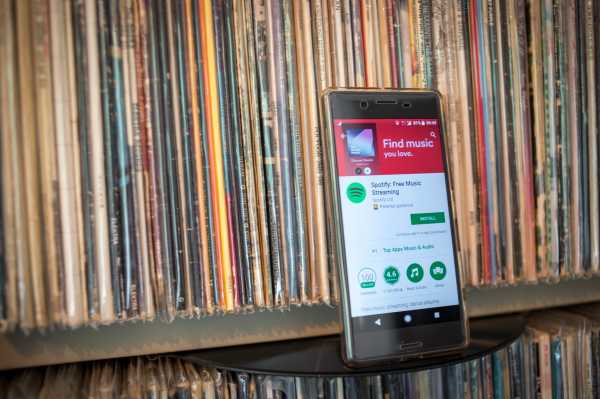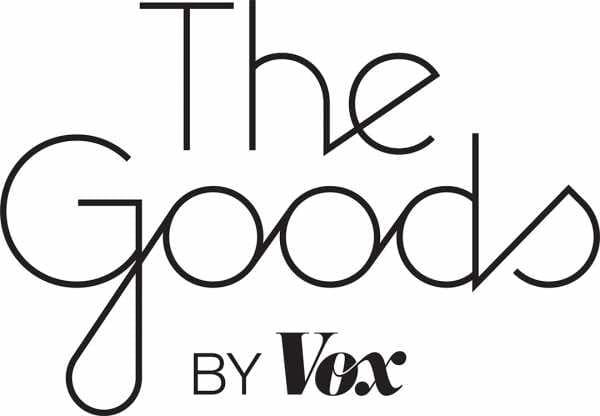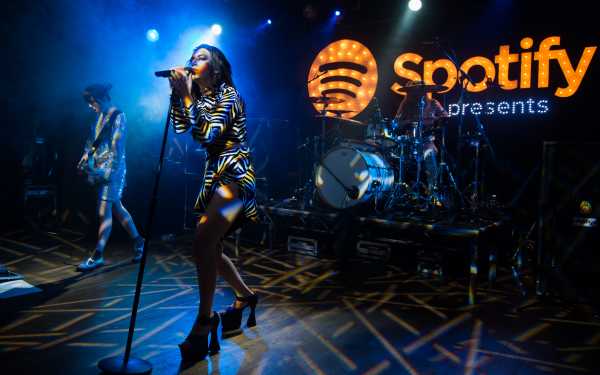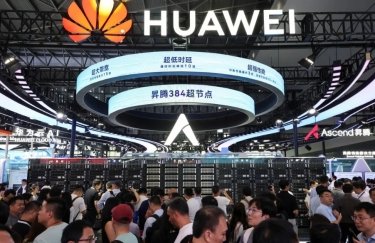

Spotify is now offering brands the option to sponsor Discover Weekly, its signature customized playlist that updates every Monday for each user. It is supposedly one of the most popular features among both the platform’s 87 million paid subscribers and 109 million ad-supported free users.
The new ad type, as reported by TechCrunch, gives brands the ability to “own the personalized listening experience” and gives them access to a particularly engaged audience, as Discover Weekly listeners spend twice as much time on Spotify compared to users who don’t. Microsoft will be the first brand to partake, with an artificial intelligence-related campaign called “Empowering Us All” — mostly made up of ad breaks that discuss the impact of AI on education, healthcare, and philanthropy.
But what does it mean for Spotify to sell Discover Weekly? It feels, pretty simply, like yet another example of a tech company creating a highly personalized product in seemingly warm partnership with its users, then realizing that it can trade on this goodwill to make money. Companies have to make money, as the line goes, but do we need to so intimately assist them?
The way Discover Weekly works makes it dependent on personal information, which users have fed it for years
Discover Weekly is a little over three years old, and was hailed upon its debut as “cracking human curation at internet scale.” It’s a mix of human and algorithm, created after the company acquired the music-specific data and AI startup the Echo Nest in 2014. Spotify explained the process to The Verge in September 2015:
Spotify’s major project of the past several years has been culling the data created by its hundreds of millions of users and improving the recommendations of its signature playlists. In a sense, each person’s individual taste is another data layer, one that tells Spotify a little bit about what that particular user wants, and quite a bit more about what a user who is slightly different than them might want in the future.
Spotify’s major project of the past several years has been culling the data created by its hundreds of millions of users
A representative for Spotify tells Vox that the user experience of Discover Weekly will not change — e.g., Nike can’t buy the playlist for the week and serve everyone a Frank Ocean song — and reiterates, “Discover Weekly is, and will remain, a powerful means of artists winning new fans. Ten billion times a month, listeners across both Spotify and Spotify Premium stream a new artist they had never heard before. That means ten billion discoveries every month; ten billion chances for artists to win a new fan.”
Buying Discover Weekly means, merely, a logo within the playlist, an ad in every ad spot for free-tier users, branding on the homepage, and some other odds and ends pertaining to the playlist’s promotion on Spotify landing pages and mobile layouts. It’s more or less the same as any other branded playlist on Spotify — the platform has long offered companies the option of “exclusively sponsoring Spotify’s top real estate, our owned [and] operated playlists.”
Spotify is openly trading on your trust, and your “boosted happiness” during the discovery experience
There is something just a little bit invasive about allowing brands to sponsor the super-personalized playlists that Spotify users have — both carefully and without thinking at all — put years of their personal history into. The difference between this and a typical sponsored playlist, maybe, is best explained by a page of Spotify’s advertiser informational site. It’s called “Trust Issues,” and outlines the value of buying ads against human emotions like trust and joy, both of which come directly from discovery.
“It turns out that the best way to show someone you understand them, is to give them something they want that is unique to them,” the corporate copy explains. “People are okay with sharing their personal data, according to research by the Harvard Business Review, as long as they get a personalized experience that is useful to them.”
“Our in-app environment is a place of safe discovery and we are willing to extend that premium eco-system with brands that share our values”
The page also cites Spotify’s own research to prove that “discovering new music actually makes [people] feel good.” Seventy-one percent of surveyed users said discovery improves their mood, 72 percent said it boosts happiness, 66 percent said it boosts their energy levels, and 76 percent said it helps them learn something.
“The act of discovering music has particular emotional resonance,” Spotify writes. And, because of this, 92 percent of surveyed millennials told Spotify that they trust it — both to provide a good listening experience and to protect their personal information.
This relates to advertisers in that it can be sold:
Brand playlists are styled as editorial, but are actually ads. This isn’t an innocent conflation.
Liz Pelly, writing about the broader phenomenon of branded playlists for the Baffler in 2017, commented on the way that artists were being affected by that earlier iteration of “corporate personhood, where paid-for brand accounts can create their own profiles and make playlists in the manner of the platform’s regular users.”
In the pre-streaming era, Pelly pointed out, companies who wanted to use a piece of music to promote their brand would be compelled to approach artists with negotiable licensing deals, money, and most importantly, a choice. In the Spotify arrangement, artists may not even know their music is being used this way, and the company’s brand playlist guidelines only make a tepid suggestion that brands try to steer clear of picks who might stir up trouble. (“If you have a reason to believe a specific artist may have a problem with your brand, it’s probably smart to stay away from that artist.”)

“We should call this what it is: the automation of selling out. Only it subtracts the part where artists get paid,” Pelly writes. “Brand playlists are advertisements, even if Spotify strives to imbue them with so-called editorial integrity. Such uncompensated advertorial playlists are harmful in that they offer artists no option to opt-out, but also because they undercut what can sometimes be a valuable source of revenue for artists.”
Interestingly, the Spotify representative who answered my questions about how Discover Weekly sponsorships will work added, without a prompt of any kind, “Spotify’s ad-supported tier is much better for artists and labels than terrestrial radio in many markets. In the US, on the radio, only songwriters get royalties. Artists don’t get paid. Labels don’t get paid. And no radio station has the tens of millions of listeners that Spotify has.”
This is a too-elegant way of describing the manner in which streaming royalties are divvied up among musicians who put their music on Spotify, and (somewhat bizarrely) argues that Spotify has replaced radio stations and not, say, physical media. But more important than what it elides is what it hints at.
The stakes are high for Spotify — it needs to figure out a way to sell more ads against people who want to stream everything for free
Spotify is valued around $30 billion, yet its IPO was pushed back time and again. It ultimately debuted on the stock exchange in April 2018 with a direct listing — in large part because its financials still don’t make a ton of sense to Wall Street. That’s fine, for now, but the company obviously wants to get a place of stability and wide profit margins eventually.
For the past several years, Spotify’s attention has been focused on converting its ad-supported users to paid subscribers — both because about 90 percent of its revenue came from subscriptions and because it improved its public image in a music industry rightfully suspicious of the streaming profit-share model.
But the company spent 2018 pivoting away from this strategy and prioritizing more alluring options for advertisers. Possibly because, as TechCrunch points out, the discounted student and family plans Spotify had been offering in an attempt to convert free accounts to paid ones were actually forcing it to take a hit on its average revenue per user (down 6 percent year over year, as of last quarter).
Spotify in 2019 will be more interested in ad money than in getting more paid subscribers
Somewhere along the line, ad money started to look like a better bet, and all the better for advertisers if Spotify can offer brands the cultural clout of a Cardi B song without the rightfully astronomical price tag of Cardi B.
So, in April, Spotify redesigned the user interface for free users and offered them new features that made their accounts more similar to the paid ones. Some of those features look, now, like obvious stage-setting for expanding the role of branded playlists — such as removing restrictions that meant free users could listen to promoted playlists only in shuffle mode and adding full-page art for promoted playlists.
Now, a representative tells Vox that, after “ensuring success” of branded Discover Weekly, Spotify will consider offering up its other proprietary personalized playlists, including Release Radar and Daily Mix. The company also recently patented a “system for integrating advertisements into music based on mood.” Soon, the marketing of our emotions and trust will all be seamless.
Sourse: vox.com






